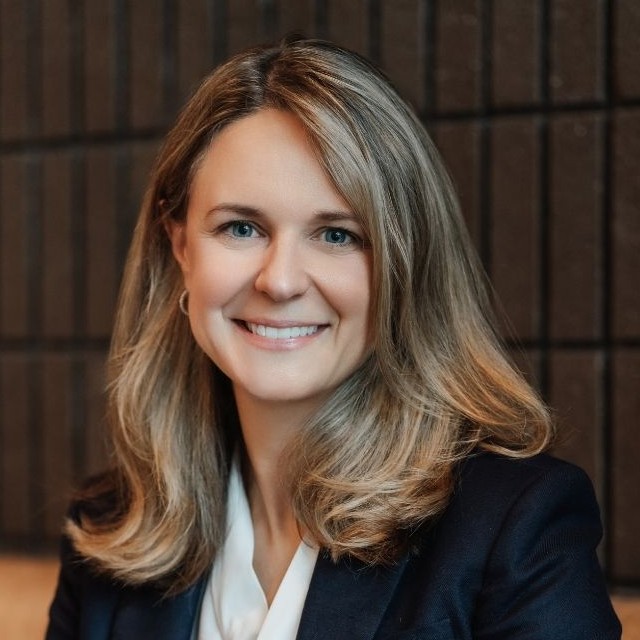
Image from Shutterstock.
Surely, lawyers have been in this situation before. Imagine being in a room with a client or a prospective client you really want to land for your law firm. They ask you a question about something that you’re just not ready for, and you start stumbling around or filibustering, hoping to sound like you know what you’re talking about. Or you admit you that don’t know and will get back to them, striking fear into your heart that they might decide they’re going to find a different lawyer—one who will know the answer immediately and not have to go look it up.
An artificial intelligence platform may help lawyers have an advantage when it comes to communication with their clients.
Querious utilizes the power of generative AI to listen into a conversation and deliver real-time insights based on what it hears. It can look up a client’s question and give you an instant answer. It can flag potential issues for follow-up. It can look up relevant caselaw and suggest questions for the lawyers to ask. It can then generate a report or a transcript of the conversation and suggest what steps you should take next.
Essentially, it’s like having another person in the room with you—only one who knows all the answers and can access information faster than anyone else.
In this episode of the Legal Rebels Podcast Hilary Bowman, the CEO of Querious, a generative AI-powered tool designed to enhance attorney-client conversations, talks to the ABA Journal’s Victor Li. They discuss about how lawyers can use Querious to benefit their practice, as well as general issues relating to generative and agentic AI.

Want to listen on the go? Legal Rebels is available on several podcast listening services. Subscribe and never miss an episode.
Apple | Spotify | Google Play
In This Podcast:

Hilary Bowman
Hilary Bowman is the CEO and co-founder of Querious, a generative AI-powered tool designed to enhance attorney-client conversations. Bowman developed her subject matter expertise through prior roles at global law firms K&L Gates and Womble Bond Dickinson. She also clerked for administrative law judges at the U.S. Drug Enforcement Administration. She has a JD from Case Western Reserve University and a bachelor of arts degree in human biology from Stanford University. Bowman is licensed to practice law in North Carolina and Massachusetts.

